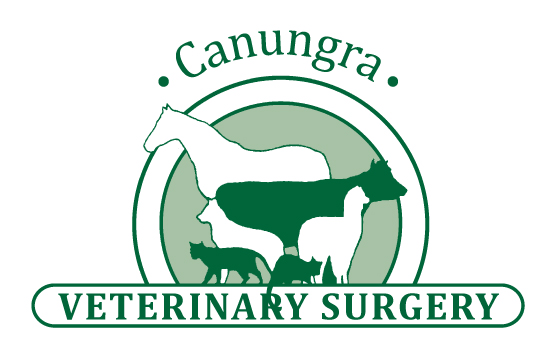Surgery
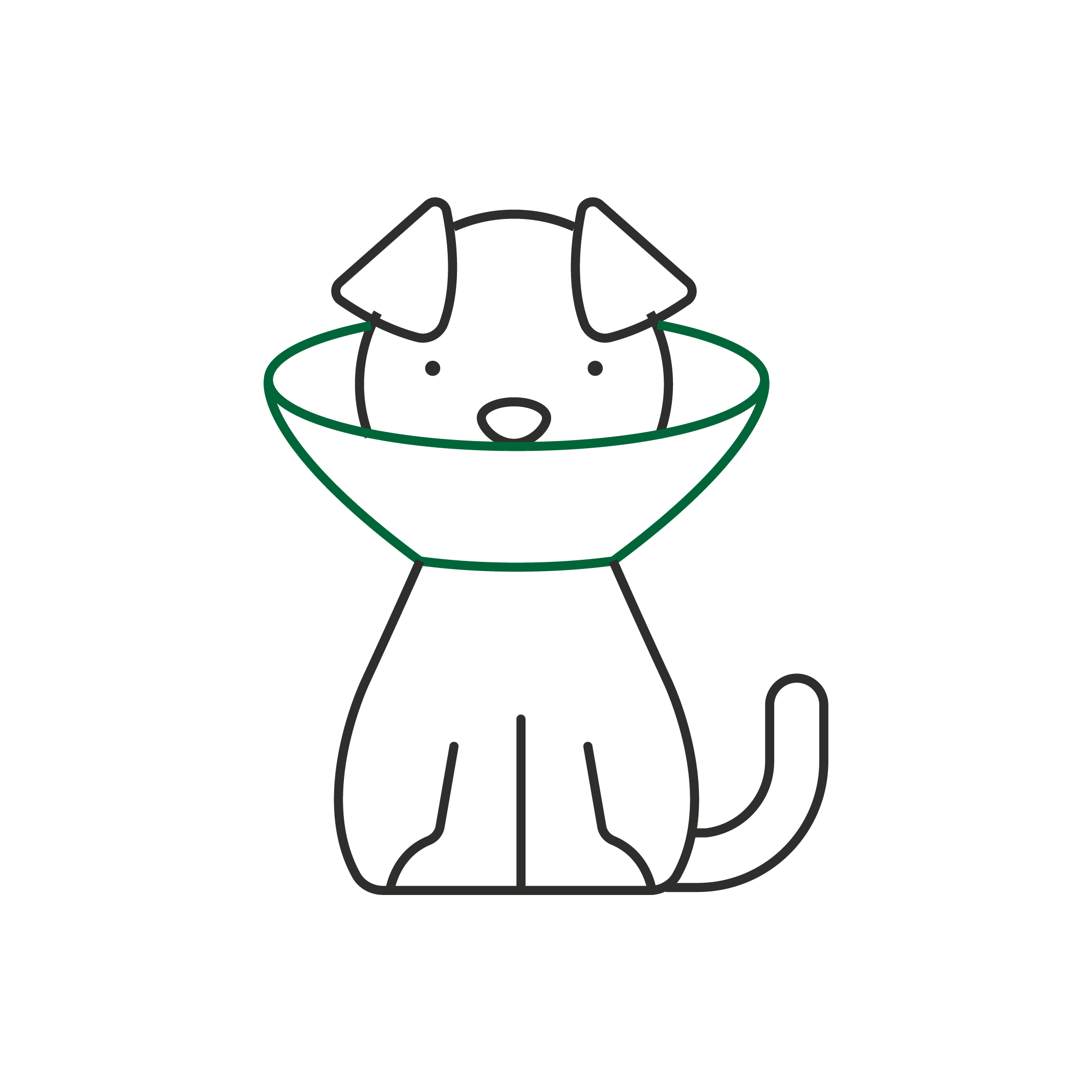
Desexing

Soft Tissue
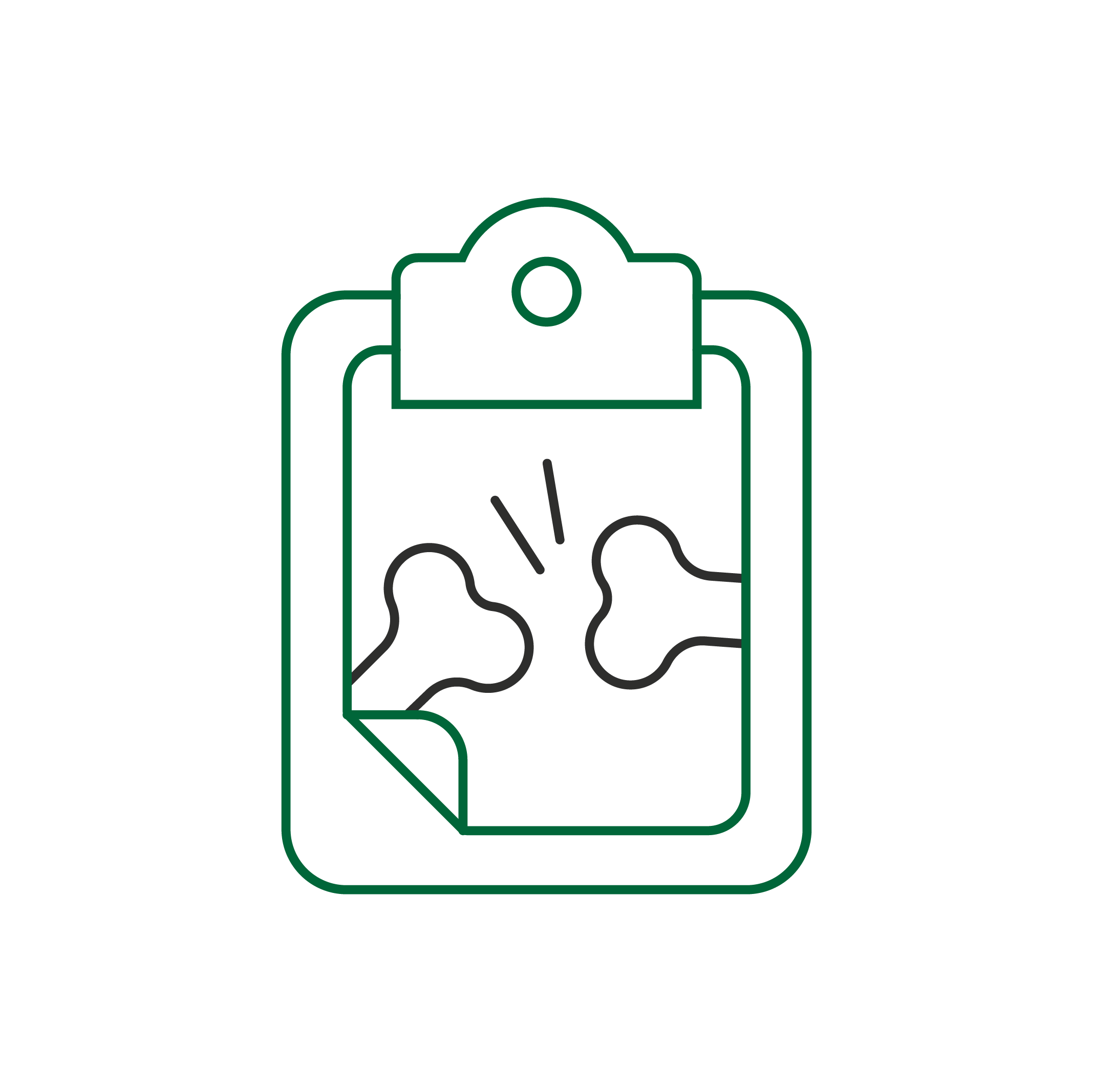
Orthopaedic

Caesarean Section
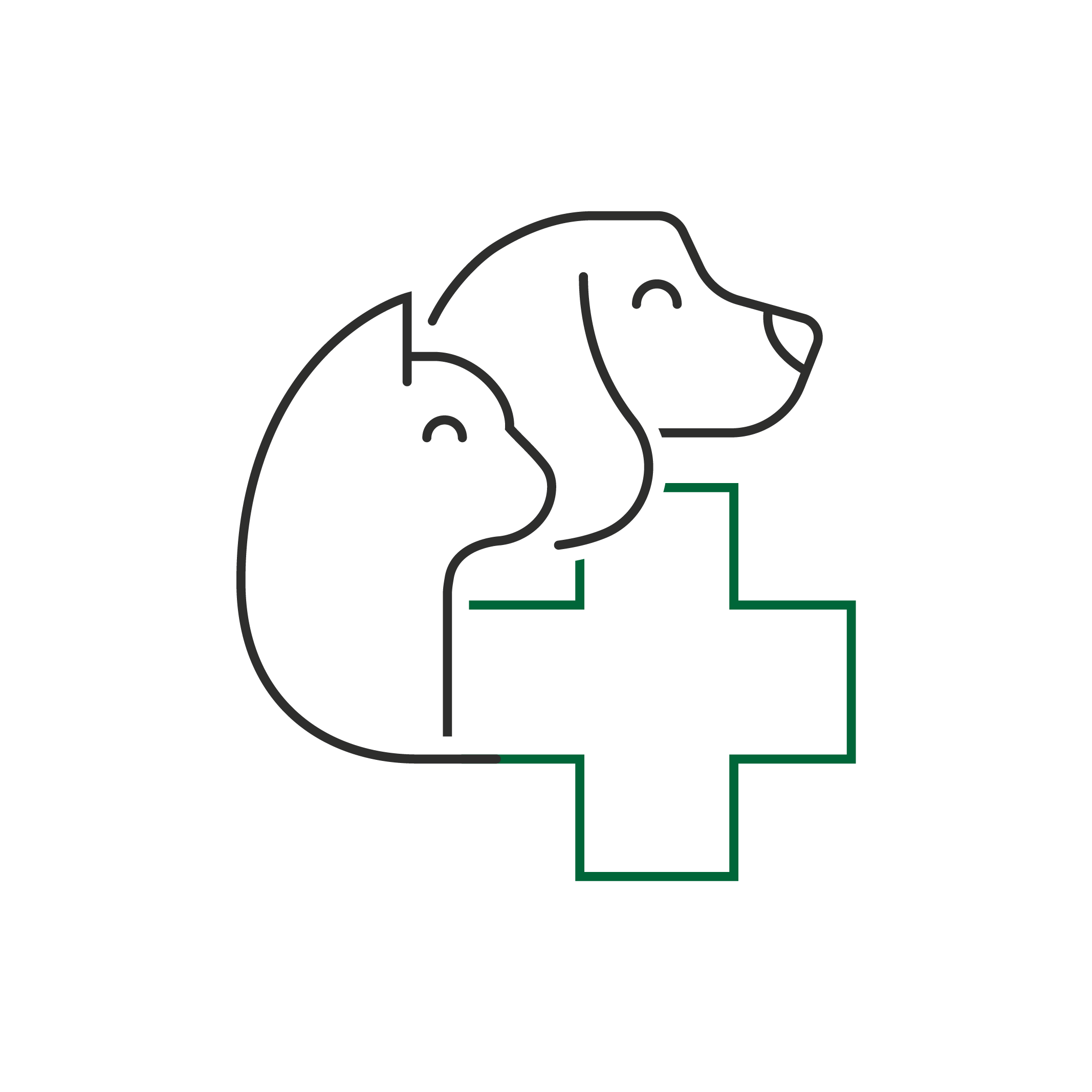
Eye & Ear
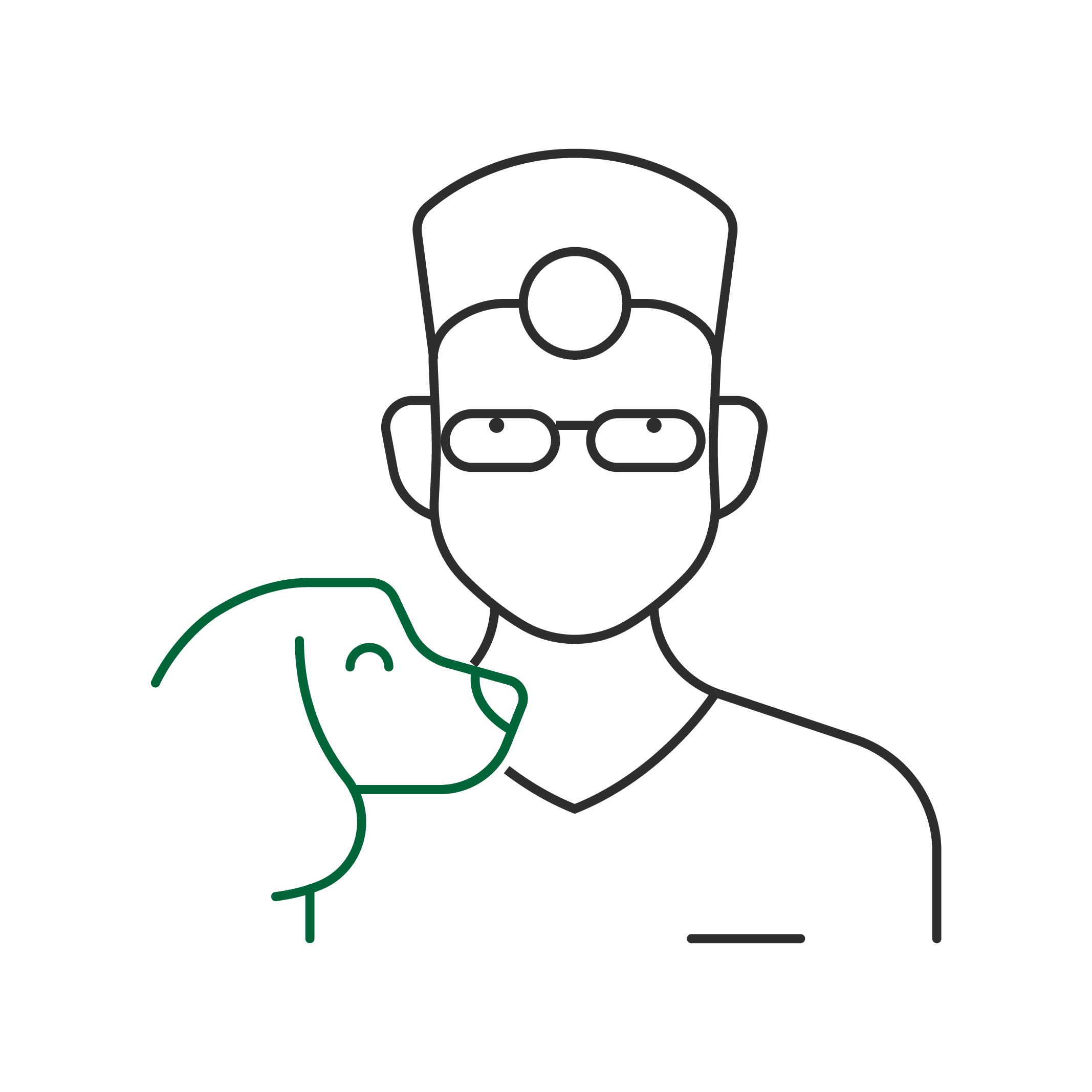
Specialist
Canungra Veterinary Surgery is extremely well-equipped to perform most soft-tissue and orthopaedic procedures. We are experienced in common procedures such as routine desexing, but are also proficient in more difficult orthopaedic procedures such as cruciate ligament replacement and fracture repairs.
Surgical Procedures
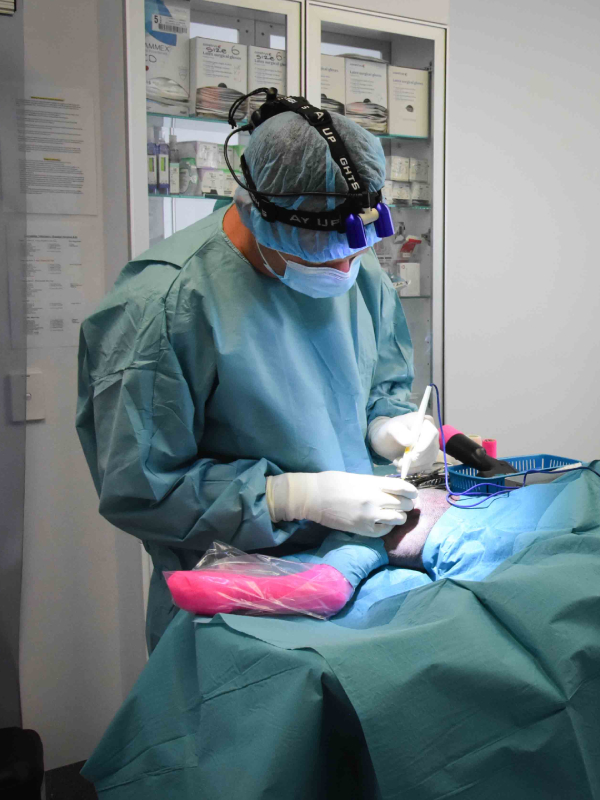
Desexing
We firmly believe that desexing of pets is an important part of responsible pet ownership and we recommend that all pets not belonging to registered breeders are desexed.
Desexing pets at a young age has both ethical and medical benefits. Early desexing helps prevent unwanted litters (many of which end up being euthanased). Neutering also has important health benefits. Desexing male dogs greatly reduces the incidence of prostatic and testicular disease, as well as reducing aggression and roaming. Desexing females reduces the possibility of life-threatening uterus infections, as well as greatly minimising the risk of mammary (breast) cancer.
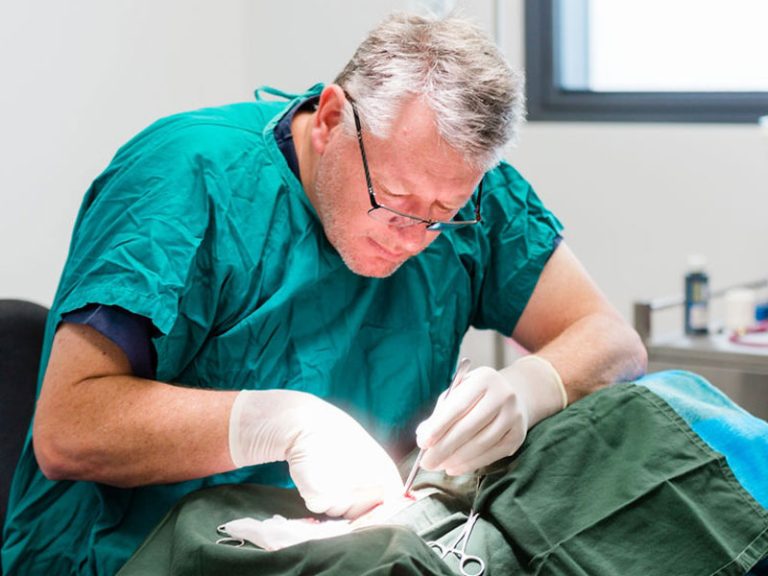
When Should I Desex My Dog or Cat?
For cats and most dogs the optimum age for desexing is 5 – 6 months. Research suggests that for certain large breeds of dog we recommend speaking with one of our veterinarians as there may be benefits to waiting until some individuals are older.
How is the Desexing Carried Out?
We schedule desexing surgery for any weekday. Your pet is admitted for the day, a pre-anaesthetic assessment is carried out by the vet and a sedative is administered to help relax them. The desexing procedure is performed under a general anaesthetic. All patients are placed on an intravenous drip for the day to help maintain blood pressure and aid recovery. Antibiotics and painkillers are administered post operatively.
Your pet is monitored by a trained nurse from induction of the anaesthetic until they are awake and sitting up. The most up-to-date monitoring equipment is used to assess temperature, pulse & respiratory rate as well as oxygen levels and blood pressure. Once patients are fully awake they may be offered a drink and are usually ready for discharge the same afternoon. Post operative pain relief is provided for the days following the operation and sutures are removed 10-14 days later.
